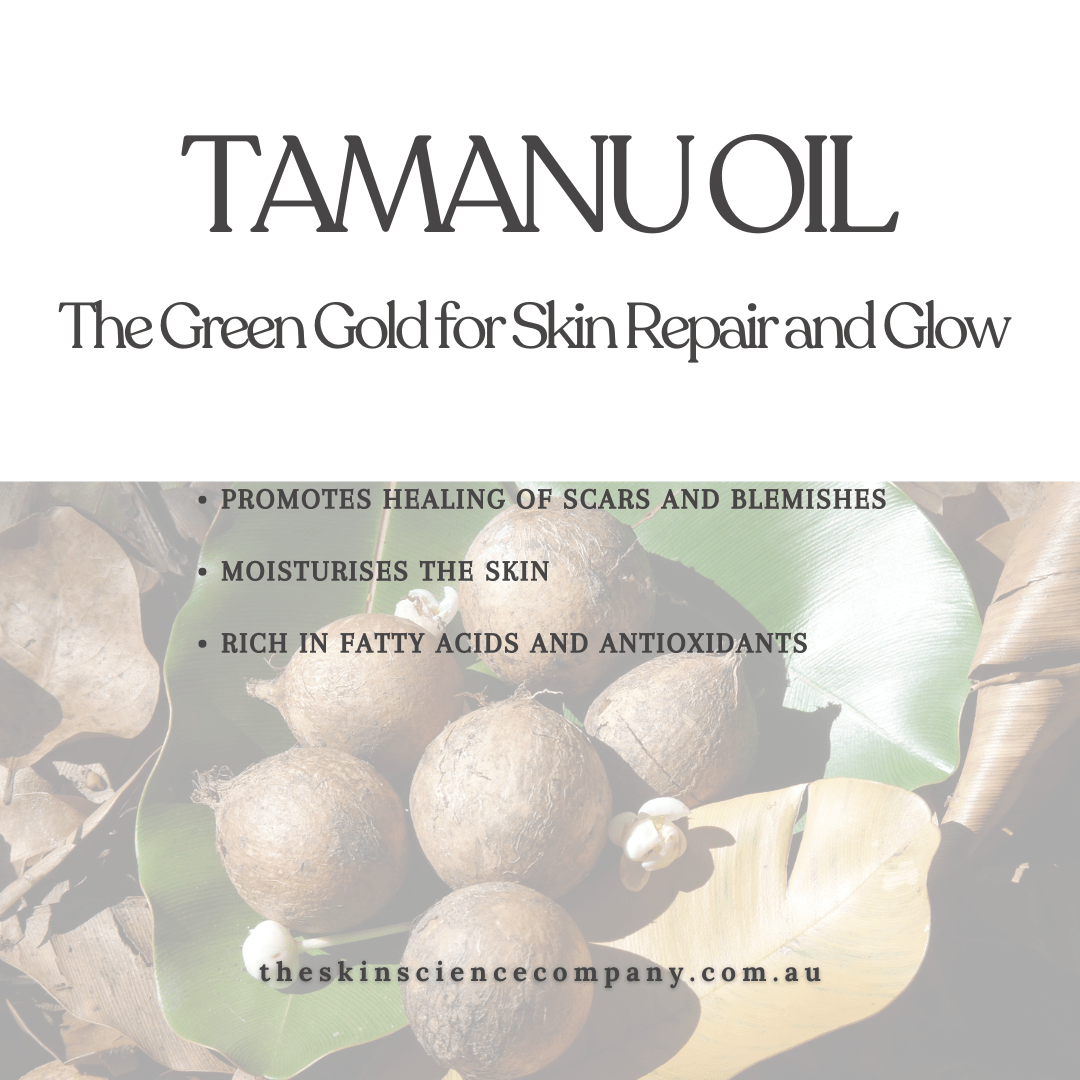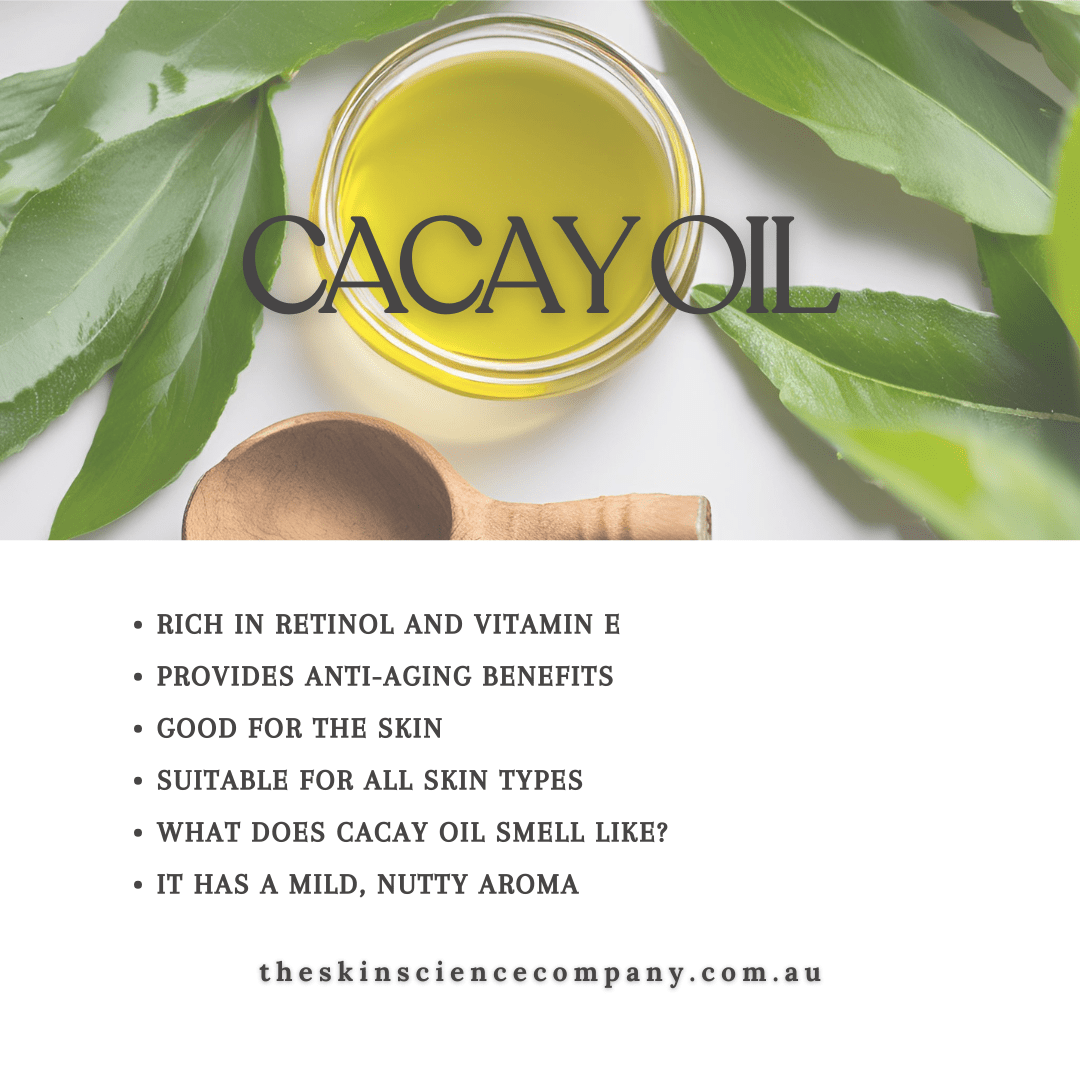If you have oily skin, finding the right skincare products can feel like walking a tightrope. Too heavy, and your skin feels greasy; too light, and it might not provide enough hydration. Enter watermelon seed oil — a natural ingredient gaining buzz for its unique benefits, especially for oily and acne-prone skin. But is watermelon seed oil really good for oily skin? Let’s explore.
What Is Watermelon Seed Oil?
Also known as Kalahari oil, watermelon seed oil is extracted from the seeds of the watermelon (Citrullus lanatus). It’s prized in skincare for being ultra-lightweight and packed with nourishing essentials like linoleic acid, antioxidants, vitamins A, B, E, and minerals such as magnesium, potassium, and iron.
Why Watermelon Seed Oil Works for Oily Skin
Balances Sebum Production Naturally
Watermelon seed oil contains linoleic acid, a fatty acid that helps regulate your skin’s oil production. If your skin tends to overproduce oil, this oil helps balance it out without stripping moisture—perfect for oily skin that still needs hydration.
Lightweight and Non-Comedogenic
Unlike heavier oils that clog pores and cause breakouts, watermelon seed oil is non-comedogenic, so it won’t block your pores. Its light texture absorbs quickly, leaving no greasy residue—ideal for oily and acne-prone skin.
Rich in Antioxidants to Protect Skin
Packed with vitamins A and E, watermelon seed oil fights free radicals and environmental damage, helping prevent premature aging and maintaining healthy skin.
Soothes Inflammation and Redness
If acne or irritation is an issue, watermelon seed oil’s natural anti-inflammatory properties can calm and soothe your skin, reducing redness and helping the healing process.
Hydrates Without the Heavy Feel
Even oily skin needs moisture. Watermelon seed oil delivers hydration that won’t weigh you down or exacerbate oiliness, maintaining skin’s balance and softness.
Watermelon Seed Oil vs. Other Oils for Oily Skin
Compared to oils like coconut or olive oil, which can feel heavy and clog pores, watermelon seed oil is light and fast-absorbing. It’s a top pick for anyone seeking natural skincare that balances oily or acne-prone skin without compromising moisture.
DIY Facial Serum Recipe with Watermelon Seed Oil for Oily Skin
Harness the power of watermelon seed oil in this simple homemade serum designed to balance, hydrate, and fight acne.
Ingredients:
-
1 tablespoon Watermelon Seed Oil
-
1 teaspoon Jojoba Oil (balances sebum production)
-
2-3 drops Tea Tree Essential Oil (antibacterial and acne-fighting)
-
1 teaspoon Rose Water (calming and hydrating)
Instructions:
-
Combine watermelon seed oil and jojoba oil in a small glass bottle.
-
Add tea tree essential oil drops.
-
Pour in rose water and gently shake to mix.
-
Apply 2-3 drops to clean skin morning and night, focusing on oily or breakout-prone areas.
This serum balances natural oils, calms inflammation, and hydrates without heaviness—perfect for everyday use.
Shop all ingredients for this recipe at The Skin Science Company.
FAQs About Watermelon Seed Oil for Oily Skin
Q: Can watermelon seed oil clog pores?
No. It’s non-comedogenic and safe for oily, acne-prone skin.
Q: Does watermelon seed oil help with acne?
Yes! It regulates sebum and soothes inflammation to reduce acne and redness.
Q: Is it only good for oily skin?
While ideal for oily skin, it’s lightweight enough to benefit dry and combination skin too.
Q: Can I use it as a moisturizer?
Absolutely. Use it alone or add it to creams for lightweight hydration.
Final Thoughts
Watermelon seed oil is an excellent choice for oily skin thanks to its lightweight texture, sebum-balancing abilities, and skin-soothing antioxidants. Whether incorporated into your daily serum or used as a moisturizer, it can help you maintain a healthy, radiant complexion without excess shine or clogged pores.
Give it a try and enjoy the refreshing benefits of this natural skincare gem!


